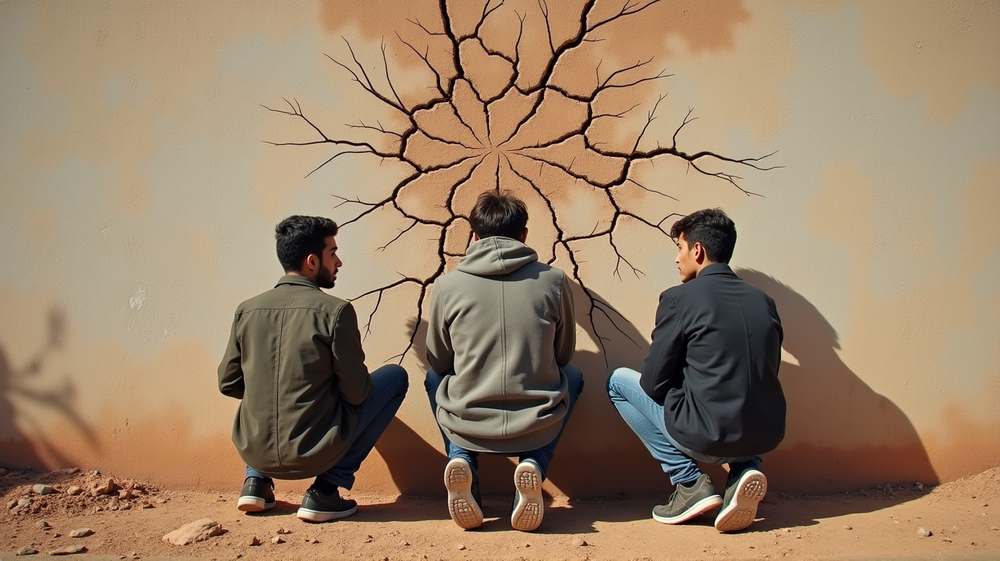The findings of a new study by Citoyens (Citizens) have sent shockwaves through the political landscape of Morocco. With a staggering 70% of young Moroccans expressing distrust in their elected institutions, the nation faces what could be a seminal point in its democratic journey. This revelation, as outlined in the groundbreaking report “How Do Young People View Civic Engagement?”, indicates a profound “crisis of trust,” one that might alter the future core of political participation among the nation’s youth.
Silence in the Face of Doubt
Unlike the dramatic protests or confrontations one might expect from disenchanted youth, this crisis manifests through silent withdrawal. Instead of challenging the system outright, many young Moroccans quietly disengage, perceiving little to no impact of their actions within the democratic framework. This sentiment breeds apathy, creating a landscape where political disinterest flourishes more than active defiance.
Stalled Dreams and Broken Promises
A key factor underpinning this disengagement lies in the disconnection between political promises and tangible improvements in daily life. For youth who desire actionable change, watching and waiting for promises to materialize often leads to frustration and disappointment. This longing for meaningful involvement starkly contrasts with their lived experience of being seen not as collaborators in decision-making, but subjects to be “sensitized.”
Digital Voices, Muffled Echoes
In the digital era, young Moroccans adapt by shifting much of their civic discourse online. Social media serves as a vibrant, albeit detached, arena for many of them, with 68% using these platforms to discuss political matters. Yet their dialogue rarely sees engagement from public institutions, turning government presence on social media into a futile, one-sided monologue. This digital neglect fuels a feeling of invisibility, stoking the flames of disengagement further.
Barriers to Participation
Public participation tools offered by the government, like petitions and consultations, are underutilized by youth. The reasons echo a familiar tale of inadequate design, lack of mobile accessibility, and insufficient feedback loops. This communication chasm nurtures an ecosystem where efforts seem in vain, discouraging further interaction with official channels.
Bridging the Trust Gap
This report presents a stark wake-up call for Moroccan policymakers. It implores them to mend this widening gap of trust by fostering genuine dialogues, ensuring impactful youth participation in decision-making processes. If young Moroccans continue to lose faith, the very essence of Moroccan democracy stands on the brink, risking the departure of its next generation of leaders from the political discourse.
According to Morocco World News, this trend needs urgent attention if Morocco’s democracy is to thrive in future generations.












